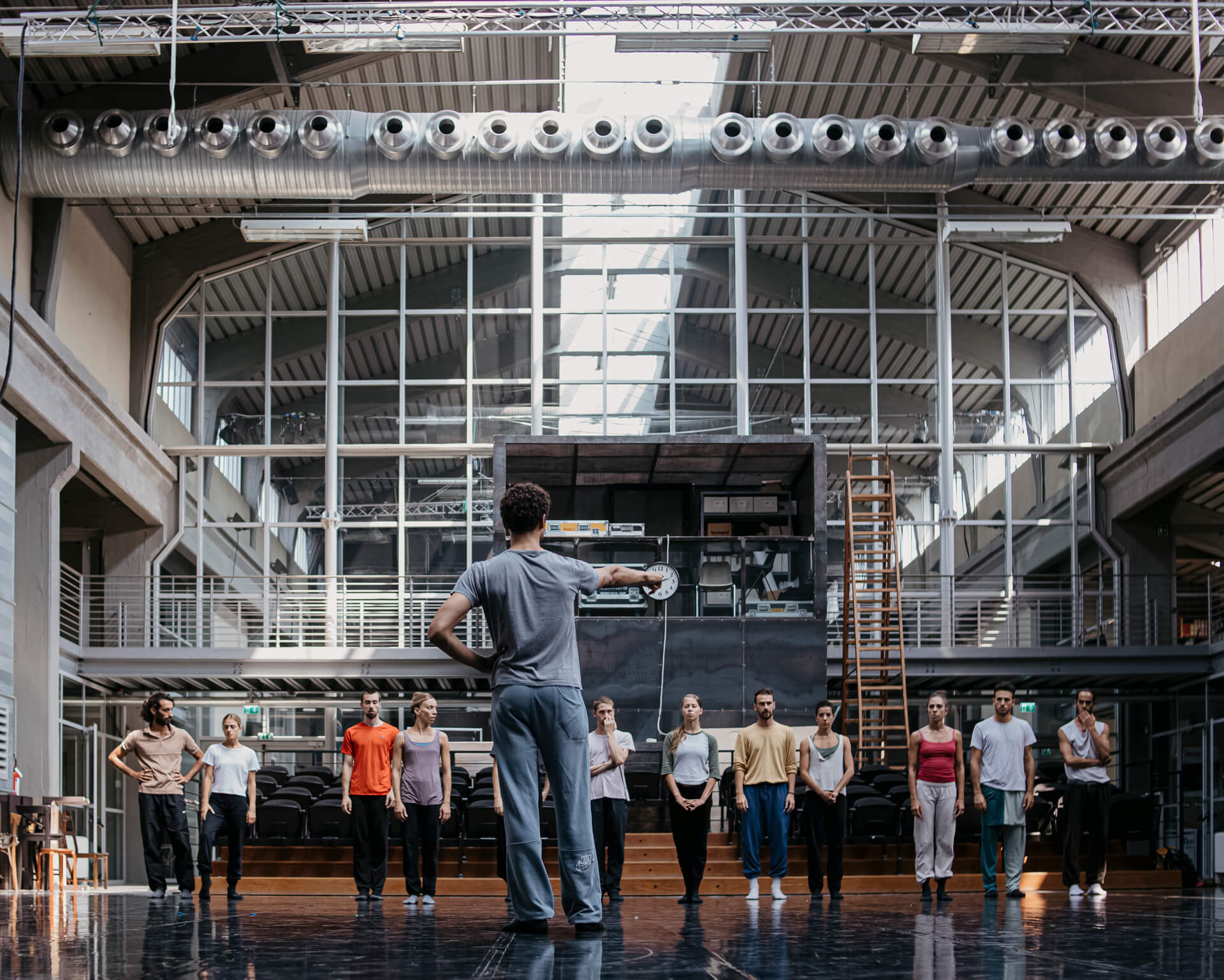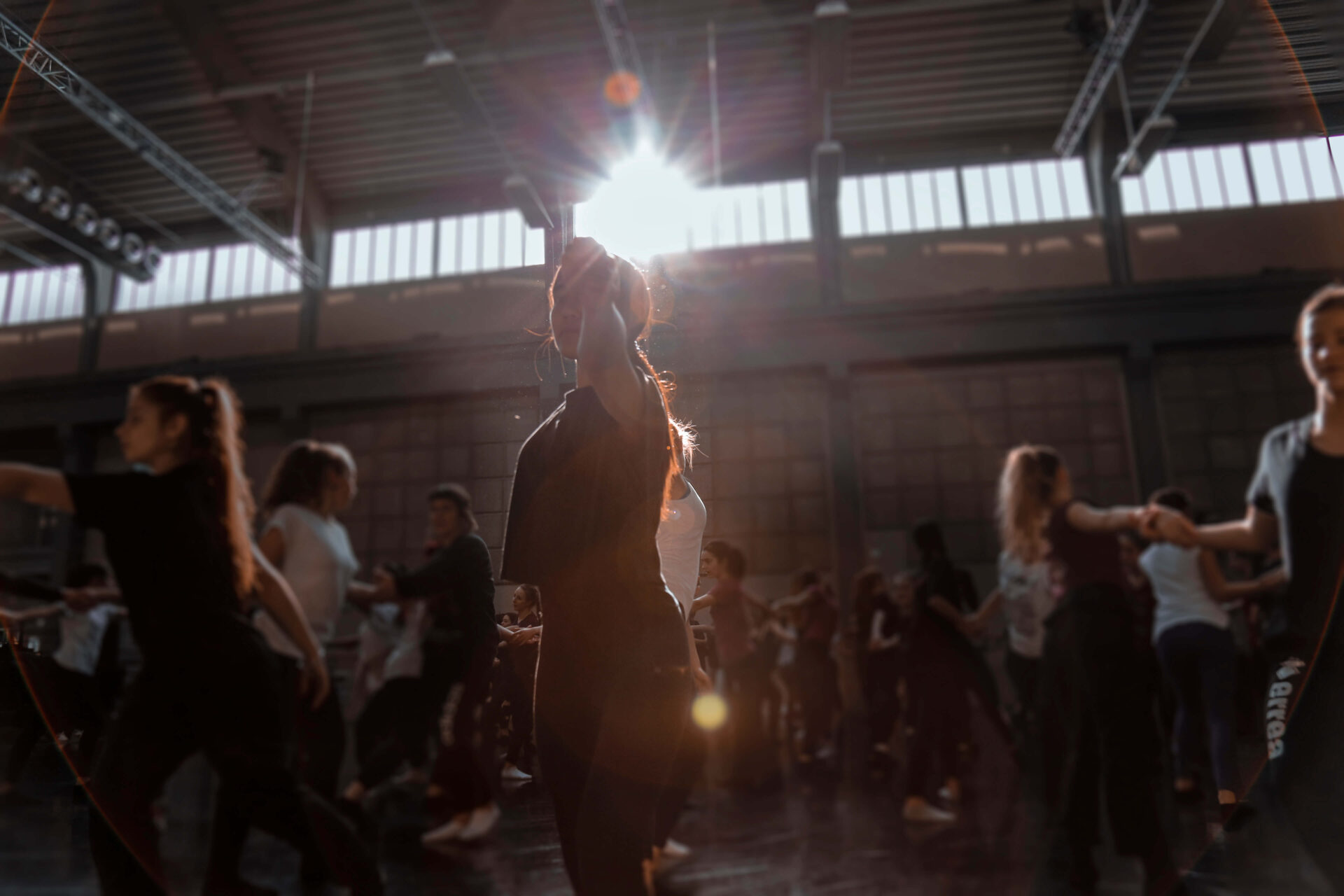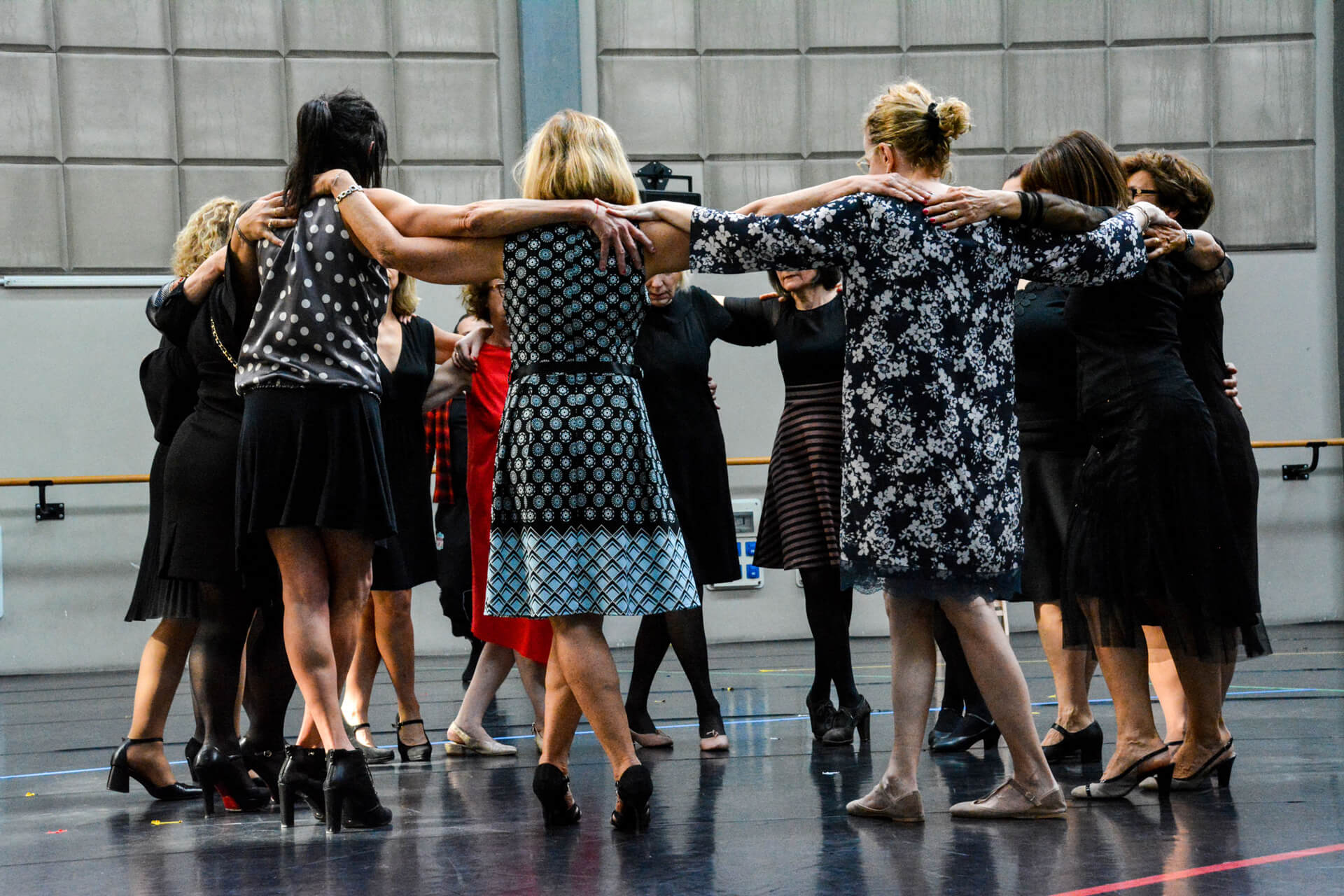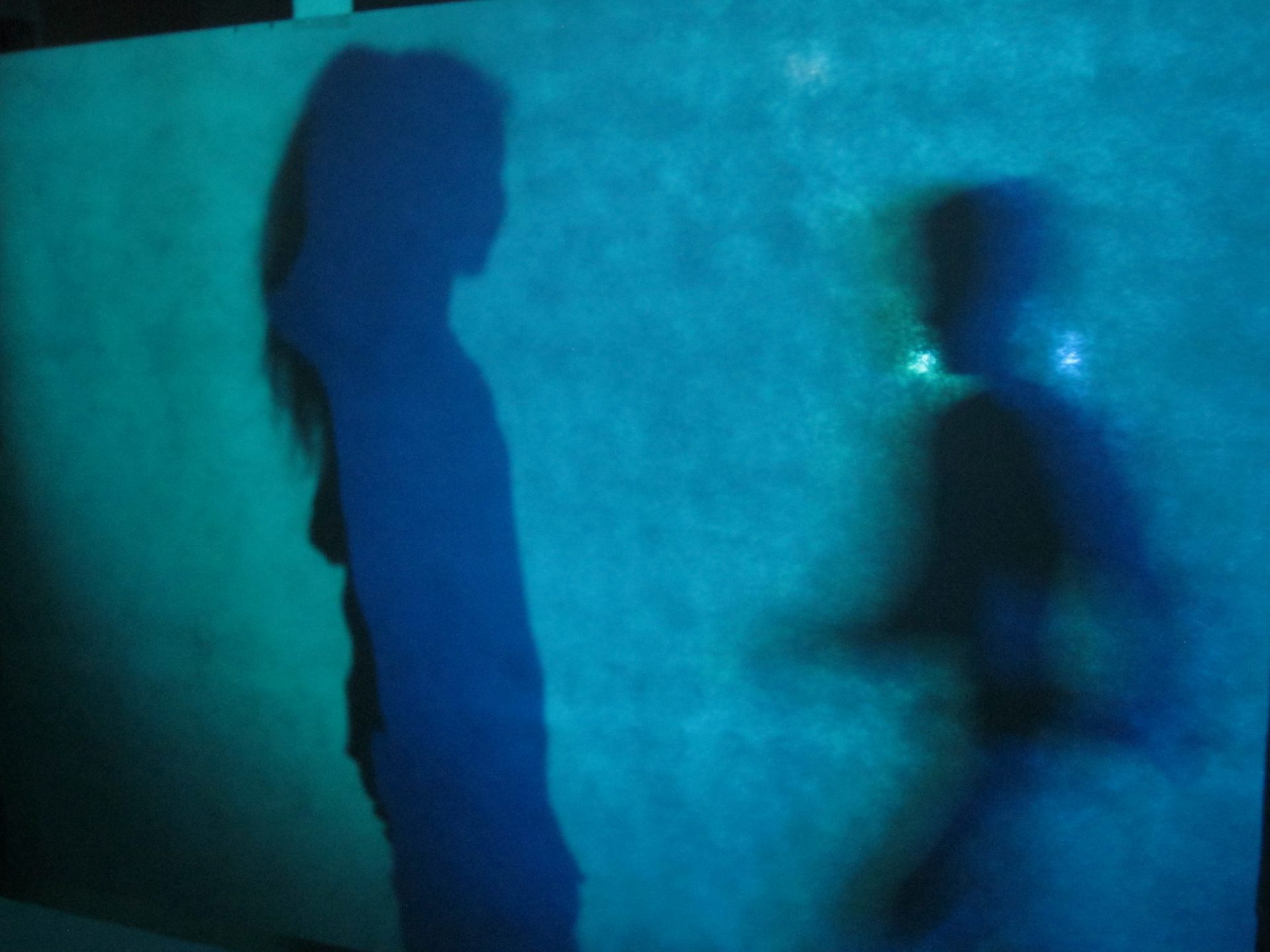Why the Polo delle Arti?
The Polo delle Arti represents an important sign of the new cultural policy in Reggio Emilia, attentive not only to the development and support of the cultural offer but also to the activation of important connections between different areas of work and planning for the city.
The initial idea reflects the objective of growing the reputation and artistic production capacity of the city at a national level. And the result is clearly different if different operators simply work in tune, or if they actively collaborate. In the second case, it is possible to implement more complex, visible and transversal projects and initiatives, thus enriching the cultural heritage of individuals and the entire community.
For this reason, the Fondazione Nazionale della Danza/Aterballetto, since the beginning of the new course, has put its energies and attention towards other qualified and important subjects, such as the Fondazione I Teatri and the Istituto Superiore di Studi Musicali Peri-Merulo. And there is a proliferation of activities not only with those who founded the Polo delle Arti, but also with the Fondazione Palazzo Magnani, the centre of gravity of the important crossroads of Reggio Emilia’s cultural routes.
The promoters of the Polo delle Arti
In particular, Polo delle Arti, created on 26 November 2018 by the Municipality of Reggio Emilia, Fondazione Nazionale della Danza/Aterballetto, Fondazione I Teatri and Istituto Superiore di Studi Musicali Peri-Merulo, aims to make Reggio Emilia a point of reference for education in the areas of music, art and performing arts, activating shared projects in terms of production, training and the relationship with the city.
The four promoters recognize artistic education as an integral part of the development of the cognitive faculties of the person and music, dance and theater as fundamental elements of intellectual, individual and social growth of people.
The key point of the project is also the collaboration with the Officina Educativa of the Municipality of Reggio Emilia and with the town’s educational institutions, supporting the different accesses to knowledge of children through the expressive languages and in particular the performative languages of dance, theater and music.




